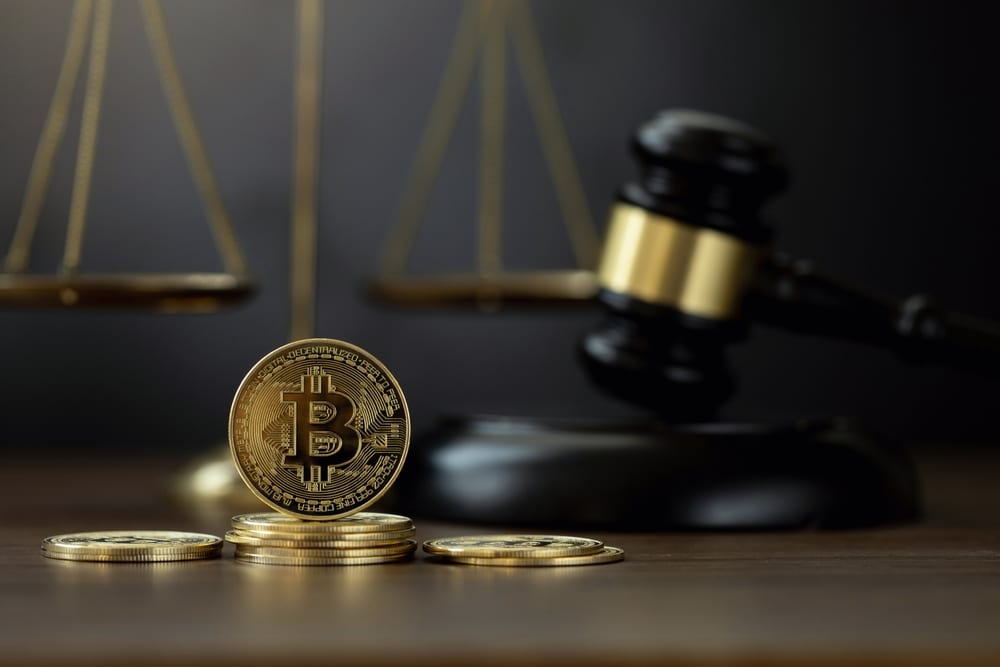Key Insights:
- Upbit’s trading volume drops 29.4% to $1.50 billion after new South Korean crypto law enforcement.
- Bithumb and Coinone see substantial trading volume reductions, reflecting market sensitivity to regulatory changes.
- New crypto law mandates user asset protection, insurance against hacking, and strict oversight of trading activities in South Korea.
On July 19, 2024, South Korea implemented the Act on the Protection of Virtual Asset Users, a new regulatory framework aimed at enhancing the security and organization of the virtual asset market. This law brings significant changes to how virtual asset service providers (VASPs) operate, focusing on user protection, insurance requirements, and strict oversight of trading activities. The immediate effect of this new regulation has been a noticeable decline in trading volumes across major South Korean cryptocurrency exchanges.
Upbit, South Korea’s largest cryptocurrency exchange, witnessed a sharp decline in its trading volume following the enforcement of the new law. Established in October 2017 by Dunamu, Upbit has maintained a leading position in the market due to its user-friendly interface and extensive selection of supported cryptocurrencies.
However, within the past 24 hours, Upbit’s trading volume decreased by 19.1%, falling to $1,532,986,769 billion according to CoinGecko. This downturn illustrates the initial market response to the new regulatory environment.
Bithumb and Coinone Also Affected
Bithumb, one of South Korea’s oldest and most well-known cryptocurrency exchanges, founded in 2013, also faced a considerable reduction in trading volume. The exchange, which regularly ranks among the top 50 globally in terms of trading volume and user base, saw its trading volume drop by 25.1%, reaching $405,914,015 million in the past 24 hours.
Coinone, another significant player in the South Korean crypto market since its inception in 2014, experienced the steepest decline among major exchanges. Known for its robust trading platform and additional services such as staking and lending, Coinone’s trading volumes plunged by 38.4% to $23.36 million. This considerable decrease indicates the heightened sensitivity of the market to regulatory changes.
Korbit, founded in 2013, has been instrumental in driving cryptocurrency adoption in South Korea. Similar to Coinone, Korbit experienced a significant reduction in trading volume, also reporting a 38.4% decrease to $5.07 million over the past 24 hours. This reaction reflects the broader market’s adjustment to the newly implemented regulatory measures.
Key Provisions of the New Crypto Law
The Act on the Protection of Virtual Asset Users addresses several gaps in the previous regulatory framework, which primarily focused on anti-money laundering measures. The new law includes comprehensive provisions designed to protect users’ deposits and assets, requiring VASPs to keep customers’ deposits in safe custody at banks and pay interest on these deposits. Additionally, users’ virtual assets must be segregated from the VASPs’ assets.
Furthermore, the law mandates that VASPs insure against liabilities arising from hacking or network failures, or alternatively, set aside a reserve fund for such contingencies. Surveillance for suspicious transactions is also required, with immediate reporting to South Korea’s Financial Supervisory Service (FSS). Those found engaging in unfair trading activities face severe penalties, including criminal punishment or financial fines.
Supervision and Compliance Efforts
The Financial Services Commission (FSC) and the FSS have been granted extensive authority to supervise, inspect, and sanction VASPs. This includes issuing corrective orders, suspending business operations, and imposing administrative fines.
In preparation for the new law, financial authorities and VASPs have collaborated closely to ensure compliance. The FSC prepared detailed subordinate statutes, while the FSS provided on-site consultations and a roadmap for VASPs.
Additionally, a pilot test was conducted to assess readiness, involving the Digital Asset Exchange Alliance (DAXA) and 20 virtual asset exchange service providers who developed best practice guidelines to support self-regulation within the industry.
At Tokenhell, we help over 5,000 crypto companies amplify their content reach—and you can join them! For inquiries, reach out to us at info@tokenhell.com. Please remember, cryptocurrencies are highly volatile assets. Always conduct thorough research before making any investment decisions. Some content on this website, including posts under Crypto Cable, Sponsored Articles, and Press Releases, is provided by guest contributors or paid sponsors. The views expressed in these posts do not necessarily represent the opinions of Tokenhell. We are not responsible for the accuracy, quality, or reliability of any third-party content, advertisements, products, or banners featured on this site. For more details, please review our full terms and conditions / disclaimer.



